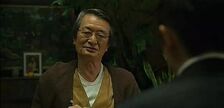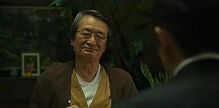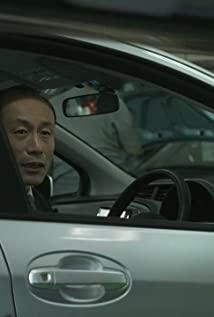Departures The theme is easy to understand
-
Icie 2022-03-28 09:01:06
The women in there are too instrumental.
-
Pearlie 2022-04-24 07:01:15
This is not a bad movie. It expresses the value of life through the ritual and routine of death, and finally settles on the family relationship between father and son after 30 years of separation. If I were a screenwriter, I would still focus on professionalism and the meaning of life, and finally arranged for Dawu to personally send off the leader of his career, President Sasaki, and strengthen his professional confidence, and gradually understand the meaning of life in the process. Some passages of the film are too lyrical and appear false, such as playing the cello on the grassland, which is boring to watch. The idea of the stone is good, and it is cheap to use for tearing, see you. Behind the sense of ritual is the neat and orderly calm of the soul, which is dictated by occupation, and the dignity of life that the living need to interpret throughout their lives.
-
Grieving Woman: Papa... Thank you!
-
Mika Kobayashi: What are you doing?
Daigo Kobayashi: This one. Here.
Mika Kobayashi: What?
Daigo Kobayashi: A stone letter.
Mika Kobayashi: Stone letter?
Daigo Kobayashi: Long ago, before writing, you'd send someone a stone that suited the way you were feeling. From its weight and touch, they'd know how you felt. From a smooth stone they might get that you were happy, or from a rough one that you were worried about them.
Mika Kobayashi: Thank you.
Daigo Kobayashi: What did you feel?
Mika Kobayashi: Not telling. That's a lovely story. Who told you?
Daigo Kobayashi: My dad.
Mika Kobayashi: You mean... that big rock?
Daigo Kobayashi: Yep. I got it from him.
Mika Kobayashi: I didn't know that.
Daigo Kobayashi: He said he'd send me one every year, but that's all I ever got. That jerk!











